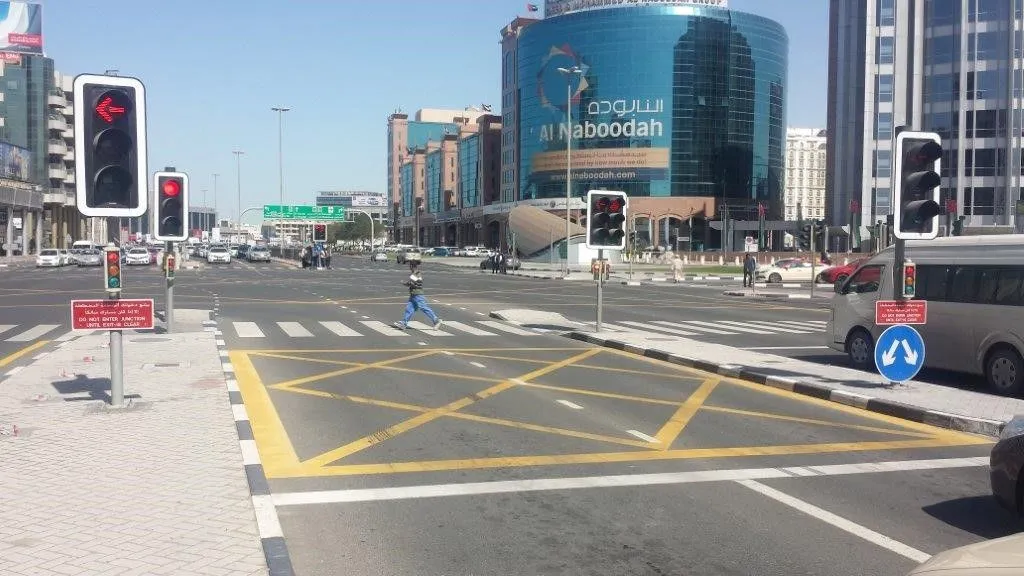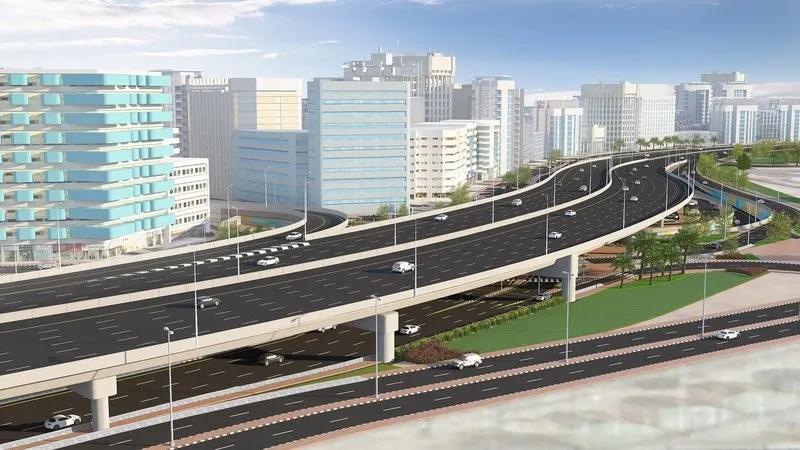
The project, Traffic Accident Blackspot System Analysis, aimed to identify weaknesses in its existing manual blackspot management system, review international best practice, develop a new comprehensive computer-based accident blackspot analysis system and prepare countermeasures for blackspot locations in Dubai.
This complex project was divided into three phases: review of the existing manual system; review of best international practices; and the development of a new bespoke blackspot identification, analysis and treatment system for Dubai roads.
Following the successful deployment of the new GIS-based Dubai Integrated Accident Management System (DIAMS) 2015 the RTA started to use this new bespoke system to identify blackspots, develop and implement countermeasures and monitor their effectiveness. The system was designed, not only to identify general blackspot locations, but also to distinguish pedestrian and heavy vehicle blackspots, which is central to Dubai’s Traffic Safety Strategy.
Remedial countermeasures were analysed using full cost benefit analysis (CBA).
The primary technical goal of the project was to contribute to an accelerated improvement in traffic safety. Fatalities per 100,000 of population fell from 3.5 to 2.4 since 2014 (30%)
In 2007, Dubai witnessed 332 road fatalities. The fatality rate per 100,000 population was 21.7 By 2018 this had dropped to 141 and 2.4 respectively, which resulted in lowering the social and economic impact on the fabric of Dubai.
Blackspot Safety Management (BSM) and Network Safety Management (NSM) are the most innovative and efficient engineering- based approaches to improving road safety. However, these methods are reactive. The RTA has adopted a proactive approach, utilising various tools to support the existing Dubai Integrated Accident Management System (DIAMS).
This new automated blackspot analysis system is technically superior to the existing system (5 times more efficient) and it was specifically developed using actual Dubai accident data. The attributes that define blackspots such as weighting the type of injury and their severity were validated through a series of iterative processes using sensitivity analysis thereby ensuring system relevance to Dubai.
A database of possible countermeasures was developed. The accident Crash Modification Factor (CMF) was used to express the reduction in accidents after implementation of the countermeasures. The International Road Assessment Program (iRAP) toolkit and the Institute of Transport Engineers (ITE) issue brief No.8 were integrated into the system to provide a library of countermeasures and to evaluate their effectiveness. In addition, additional measures based on Dubai’s own experience, were added.
Fatalities per 100,000 on two of Dubai’s major highways, Emirates Road and Sheikh Mohammed Bin Zayed Road, fell dramatically from 27 to 20 and 34 to 12 respectively. Dubai’s current accident fatality rate of 2.4 per 100,000 population is now safely perched between Norway’s at 2.0 and Sweden’s at 2.5.
Receiving the award on behalf of the Dubai Roads & Transport Authority, Eng. Maitha Bin Adai, Chief Executive Officer, Traffic & Roads Agency, noted: “ Winning this Safety Award is a great opportunity for the RTA to highlight that they are firmly committed to introducing creative solutions to beat Dubai mobility challenges by ensuring safer roads for all road users."









